(Last updated April 2025)
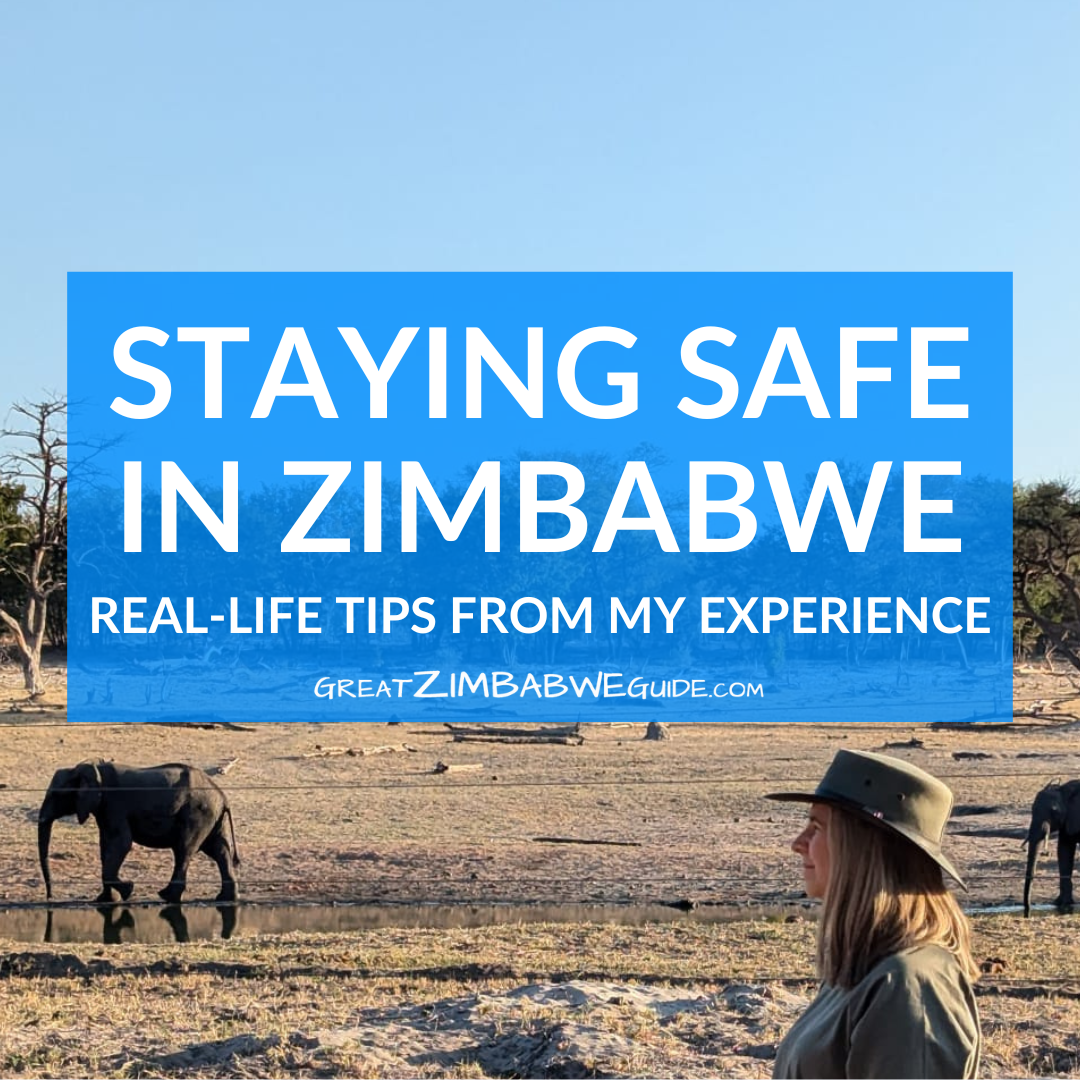 Do you know the most common question that people ask about Zimbabwe Travel?
Do you know the most common question that people ask about Zimbabwe Travel?
Is it safe in Zimbabwe?
As someone who was born and raised in Zimbabwe, and now visits as often as I can (because I love it!), the frequency that people ask this question still shocks me. There’s a huge misconception about Zimbabwe, and I hope this article goes some way to round it out. I’ll also give you my tips for staying safe.
Zimbabwe is one of the safest countries in Africa for tourists. It has a good infrastructure, Western-style supermarkets, roads, hospitals, schools and facilities. The biggest risk is from car accidents, just like in developed countries. Zimbabwean people are easy-going and generous, and will go out of our way to help rather than hinder you. If you set foot in any supermarket or restaurant, the number of smiles you’ll get from staff will be an instant testament to this.
In my opinion, I think that Zimbabweans are among the friendliest in the world, and in particular, we have a great sense of humour and love a good joke. We couldn’t have made it through Zimbabwe’s economic ups and downs without being able to laugh and stick together. 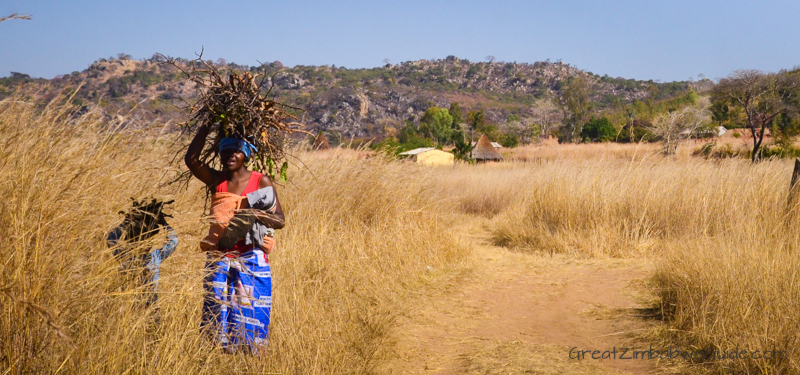
One of the drawcards of Zimbabwe (in my opinion) is that nothing is bubble-wrapped – you won’t be babied or nannied. With a little common sense and awareness of your surroundings, risks can be minimised. I’m the type of person who gets nervous in mildly hairy situations – I’m the opposite of an adrenalin-seeker. But I’ve never dwelt on the risks of being in Zimbabwe, in the same way that most people in European cities don’t dwell on the risks of driving or cycling there.
Are white tourists treated with suspicion in Zimbabwe?
No. There’s often an implied message in Western news media that black Zimbabweans treat all white people with suspicion. This has discouraged some potential visitors from travelling to Zimbabwe. However, it’s important to understand that the anti-white message was tied to a political tool used by the Zimbabwean government in the early 2000s to gain support for their party. The messaging was focused towards the white people who had displaced or mistreated black Zimbabweans in colonial and UDI times. Although the history is messy, today, the general population in Zimbabwe wants to move forward in peace between the races, and especially with goodwill towards tourists.
White Zimbabweans are still living and working in Zimbabwe alongside black Zimbabweans, many of them with congeniality. Zimbabweans are hugely welcoming, open and appreciative of ALL tourists, whether they be black or white. I can’t say it enough, but you need to go and see it for yourself to dispel these myths!
I’ve lived in South Africa as well as Zimbabwe, and I found Zimbabwe to be the more reconciliatory, accepting and inclusive of the two countries. In middle- and upper-class suburbs of Zimbabwe there is far more racial integration than there is in South Africa, with black and white people living on the same street. Likewise, security and protection is not as necessary in Zimbabwe as it is in South Africa.
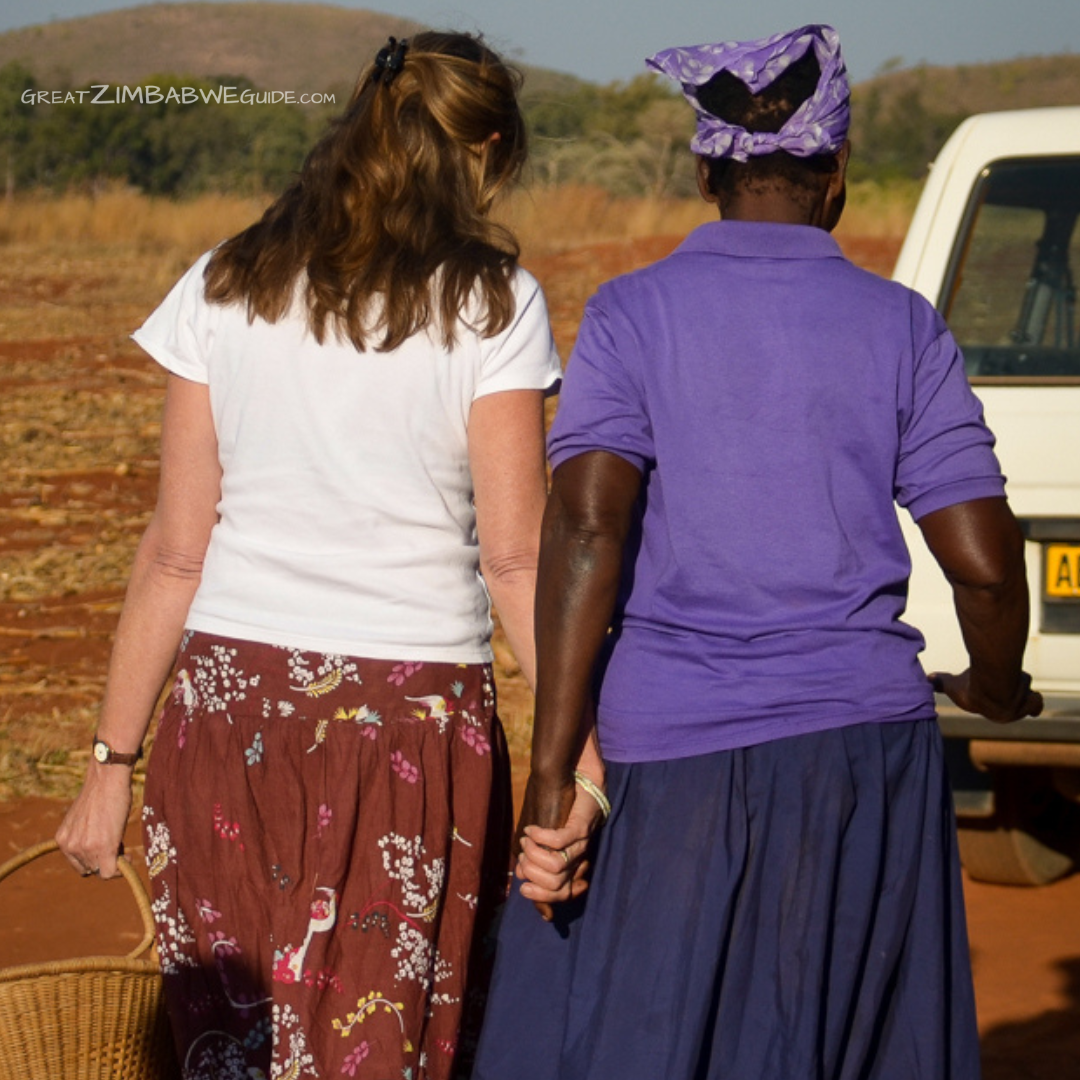
Is Zimbabwe unsafe due to its politics?
News reports sometimes talk about political volatility, but bear in mind that you are not a political activist and therefore are highly unlikely to be targeted.
Although political oppression is still an issue in Zimbabwe, this is completely out of sight of tourist areas. Can you think of other countries in the world where outspoken political dissidents might be discouraged from doing so by the authorities? I can think of at least 5. And yet this doesn’t usually affect tourists, because tourists aren’t usually political dissidents. If you’re there to enjoy the wildlife and beauty that Zimbabwe has to offer, you shouldn’t be in harm’s way. You can read more about politics and travel in the Ethics of visiting Zimbabwe article here.
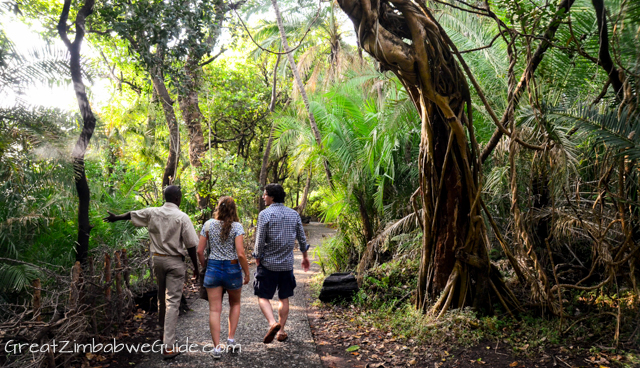
Tourists are welcomed with open arms and most Zimbabweans will do their best to make sure you have a safe and enjoyable visit.
Crime is much lower than in countries like South Africa, although as in all countries, you should be aware of your surroundings and use your common sense.
Tips on staying safe in Zimbabwe
Remember that tourism-oriented lodges and National Parks are usually very visitor-friendly.
- Keep a good hold of bags/briefcases when walking around, preferably using an over-the-shoulder strap.
- Don’t walk around with too much cash and don’t make a show of your possessions. Stealing is highly disapproved of by most Zimbabweans, but don’t tempt poverty-stricken people by flaunting your comparative wealth!
- Keep all valuables where they belong – somewhere safe and out of sight. This means putting bags under car seats or in foot-wells, for example.
- Don’t take photos of government buildings, army/police vehicles, airports, embassies or military sites.
- Don’t wear clothes that look like army uniform.
- It is illegal to make derogatory or insulting remarks about the President.
- Homosexuality is effectively illegal in Zimbabwe.
- Never try to feed or touch wild animals in the National Parks.
- Don’t drive off the marked roads in the National Parks.
- If a cavalcade of police cars and motorbikes approach, this probably means the president is travelling in the convoy. Pull off the road completely and wait for the vehicles to pass.
- When driving late at night, approach traffic lights slowly, and if all looks clear, proceed carefully across the junction, even if the light is red. Night car hijacks sometimes happen, at traffic lights or stopping points.
- Don’t walk around city streets alone at night.
- Do not stop at a police roadblock unless it’s manned by at least 3 policemen.
- Political demonstrations sometimes occur in Harare’s city centre. These are not a direct threat to tourists, but to avoid possible disturbance, choose routes that go through the northern and eastern suburbs of Harare rather than directly through the city centre.
If you have a specific question, please put it in the comments below or contact me on social media (Great Zimbabwe Guide).
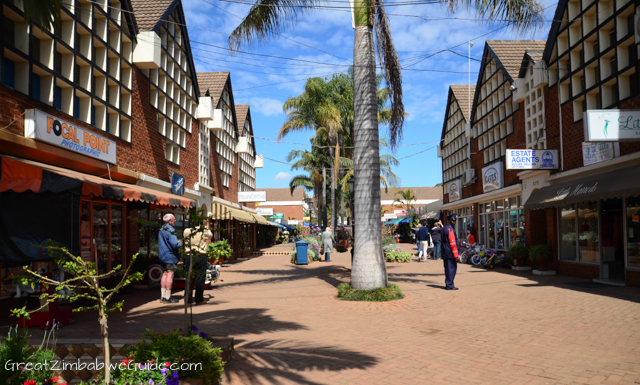
Safety from wildlife
There are wild animals in Zimbabwe – but the predators are only in clearly signed wildlife reserves, not in the main cities. If walking on foot within wildlife reserves, make sure you have a professional with you. Zimbabwe’s trained guides are famed for being the best in the world due to their rigorous training – listen to their instructions. As always, treat wild animals with respect and do not get too close.
Be aware that many lakes in Zimbabwe have crocodiles, hippos, or both – do not walk/swim in them unless there is clearly no risk. Do not walk in standing water as it may have bilharzia.
There are spiders, insects, and small (usually harmless) ‘creepy-crawlies’ in the cities. The general rule is that if you stay away from them, they will stay away from you. If you have been bitten by something and are in pain, visit your nearest pharmacy or tell your lodge manager. If you are staying in a lodge or hotel, staff will be equipped to deal with emergencies.
See the Practical info page and Health advice page for more.
Also read my article on Driving in Zimbabwe for road advice.
Read about specific locations in Zimbabwe:
Victoria Falls travel guide
Harare travel guide
Bulawayo travel guide
Great Zimbabwe monument travel guide
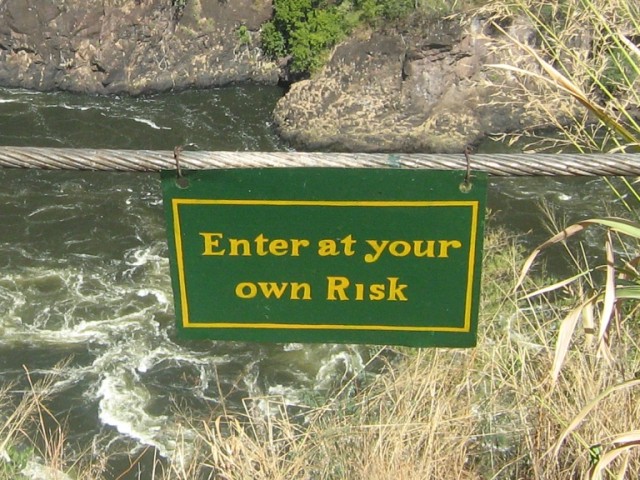
Check out my Zimbabwe travel quick reference guide for more articles.
Great Zimbabwe Guide gives travel tips, information and inspiration about Zimbabwe, Africa. We share stories of Zimbabwe’s talented people, world-class wilderness & wildlife safari experiences, all wrapped up in an unmatched climate.
Do you have a question about visiting Zimbabwe? Start with the Quick-reference list of travel advice.
Follow Great Zimbabwe Guide on social media for even more Zimbabwe travel tips and inspiration: Facebook (@GreatZimbabweGuide) & Instagram(@GreatZimGuide). To ensure you don’t miss anything, sign up for email newsletters at the bottom of this page.
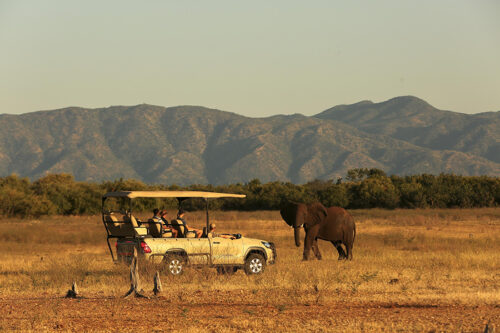 If you’re planning your Zimbabwe holiday (hooray!), I can recommend Go2Africa, Africa’s Leading Safari Company (and one of our affiliates). Go2Africa has been tailor-making safari holidays for thousands of clients from across the globe since 1998. You can research African destinations, accommodation, and more. Even better, you can directly contact their safari specialists who can help you get the African experience that’s perfect for you.
If you’re planning your Zimbabwe holiday (hooray!), I can recommend Go2Africa, Africa’s Leading Safari Company (and one of our affiliates). Go2Africa has been tailor-making safari holidays for thousands of clients from across the globe since 1998. You can research African destinations, accommodation, and more. Even better, you can directly contact their safari specialists who can help you get the African experience that’s perfect for you.
Check out the Go2Africa website, or see their Zimbabwe tours here.
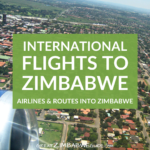
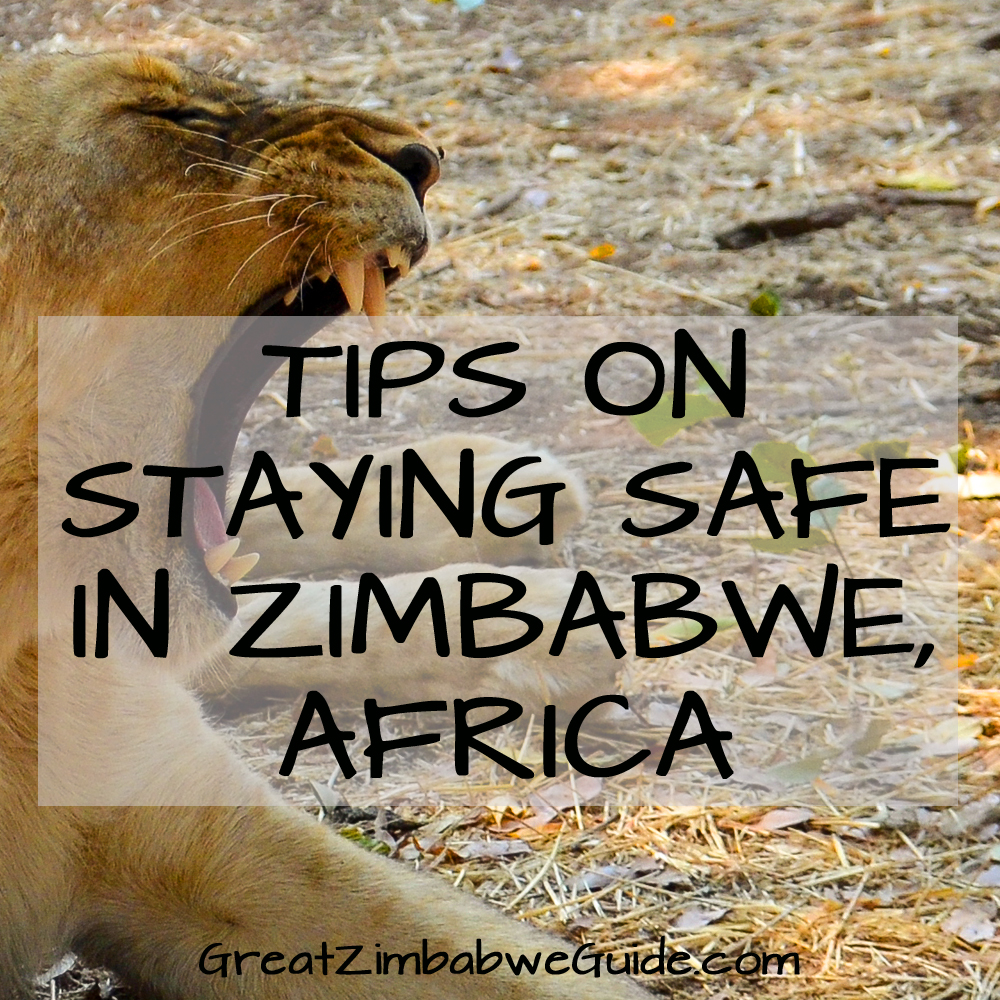
#safety #crime #traveltips #stayingsafe #racerelations #zimbabwe #africa


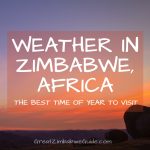

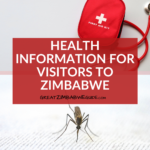
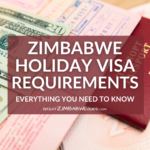
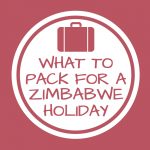
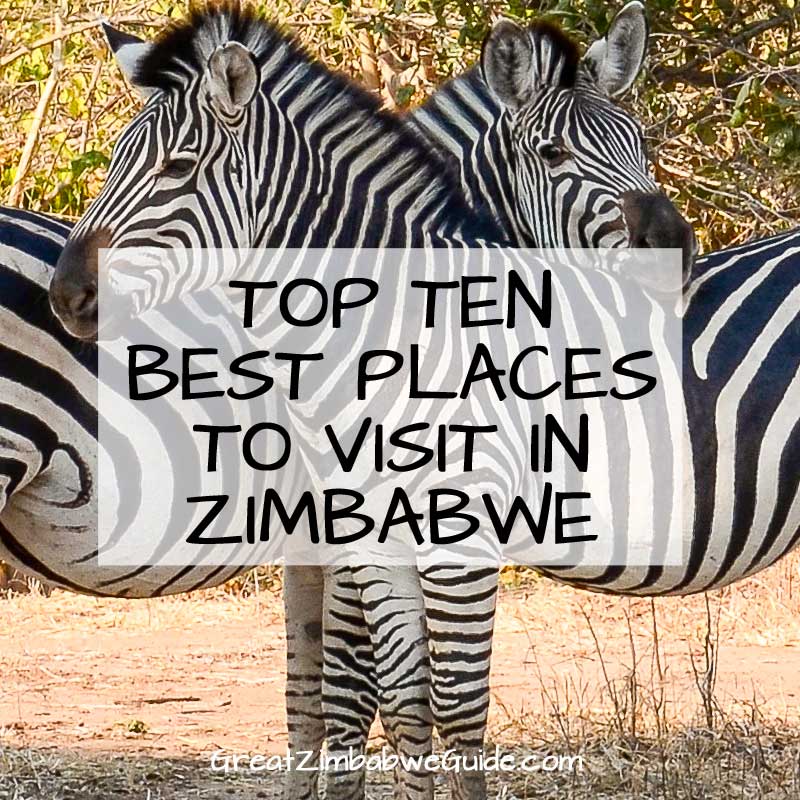


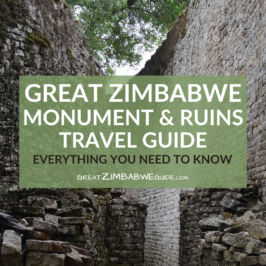
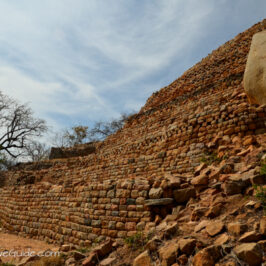
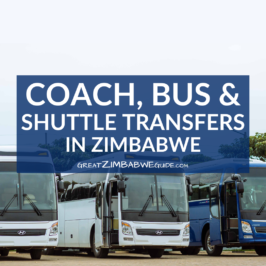
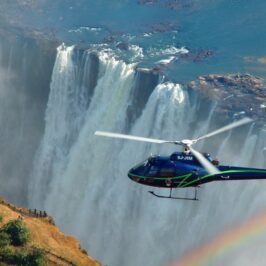

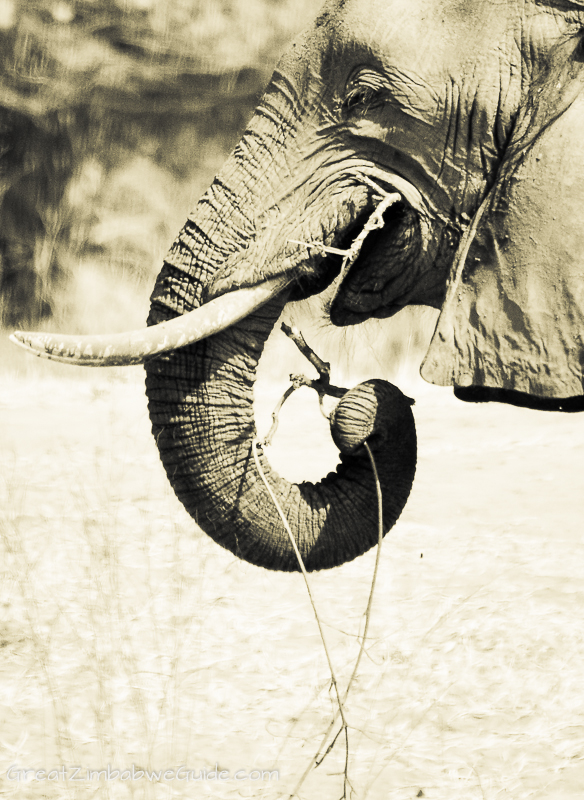
Berni
This is interesting because I’m a native Zimbo (Shona) born and raised here. But as many of us did, I took off for “greener pastures” after high school and was away for close to 15 years. Recently returned and have been feeling slightly disoriented. As I’m reading this it’s kind of serving me as a reminder like “oh yes, this is how we are by the way, this is how we do things here…” Hahaha!
Great Zimbabwe Guide
Hey Berni, thanks for your comment! Glad it was interesting! I’m always open-eared to hear more tips that may help anyone visiting Zimbabwe, whether they are ex-locals or completely new! – Beth
Vanessa
It is interesting to read all this advice I lived married & had children in the old “Rhodesia” visited my parents in “Zimbabwe” but that was nearly 20 years ago many things have changed we plan a visit next year to look up old friends and my old home s both in Bulawayo and Vic Falls